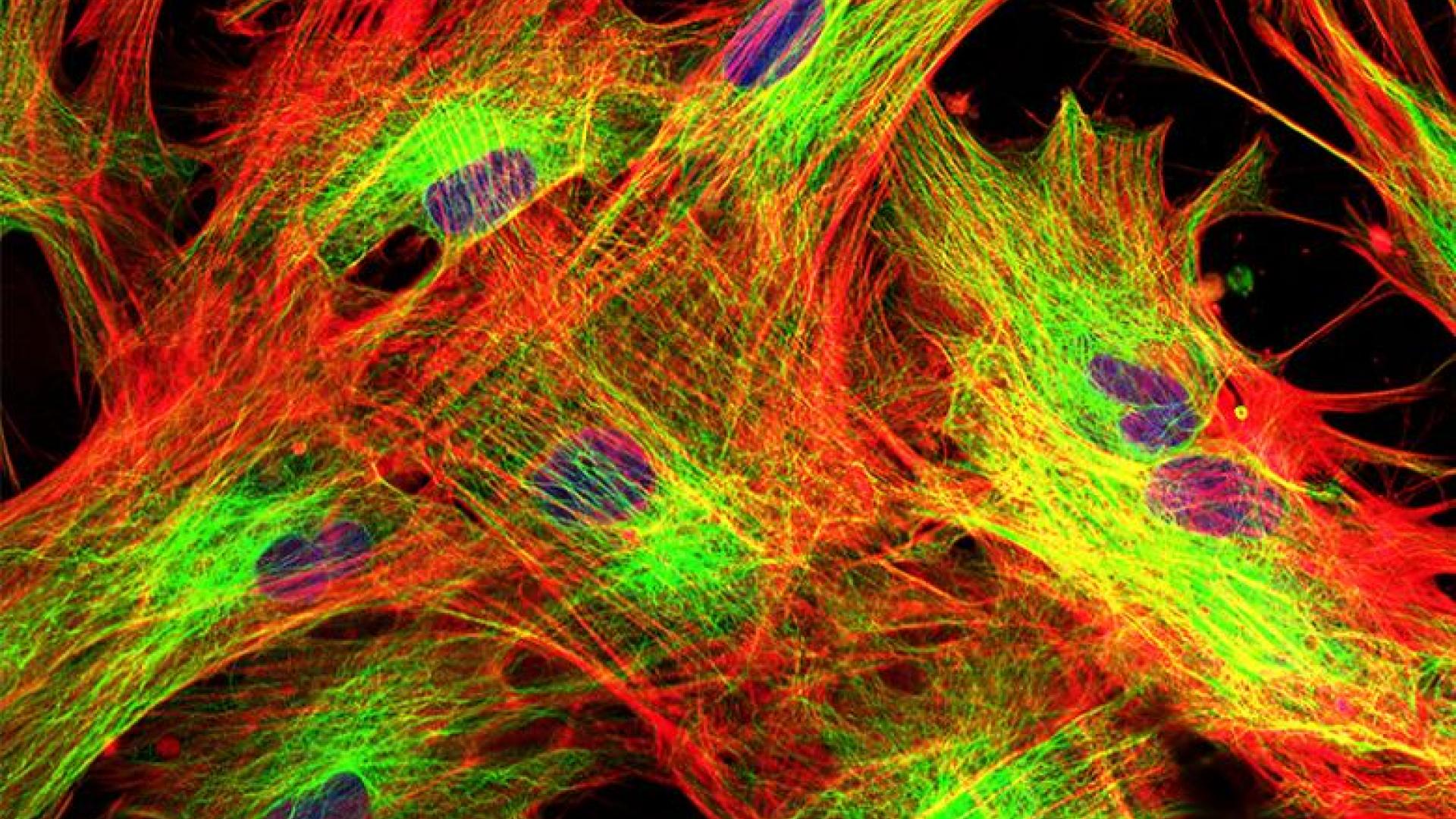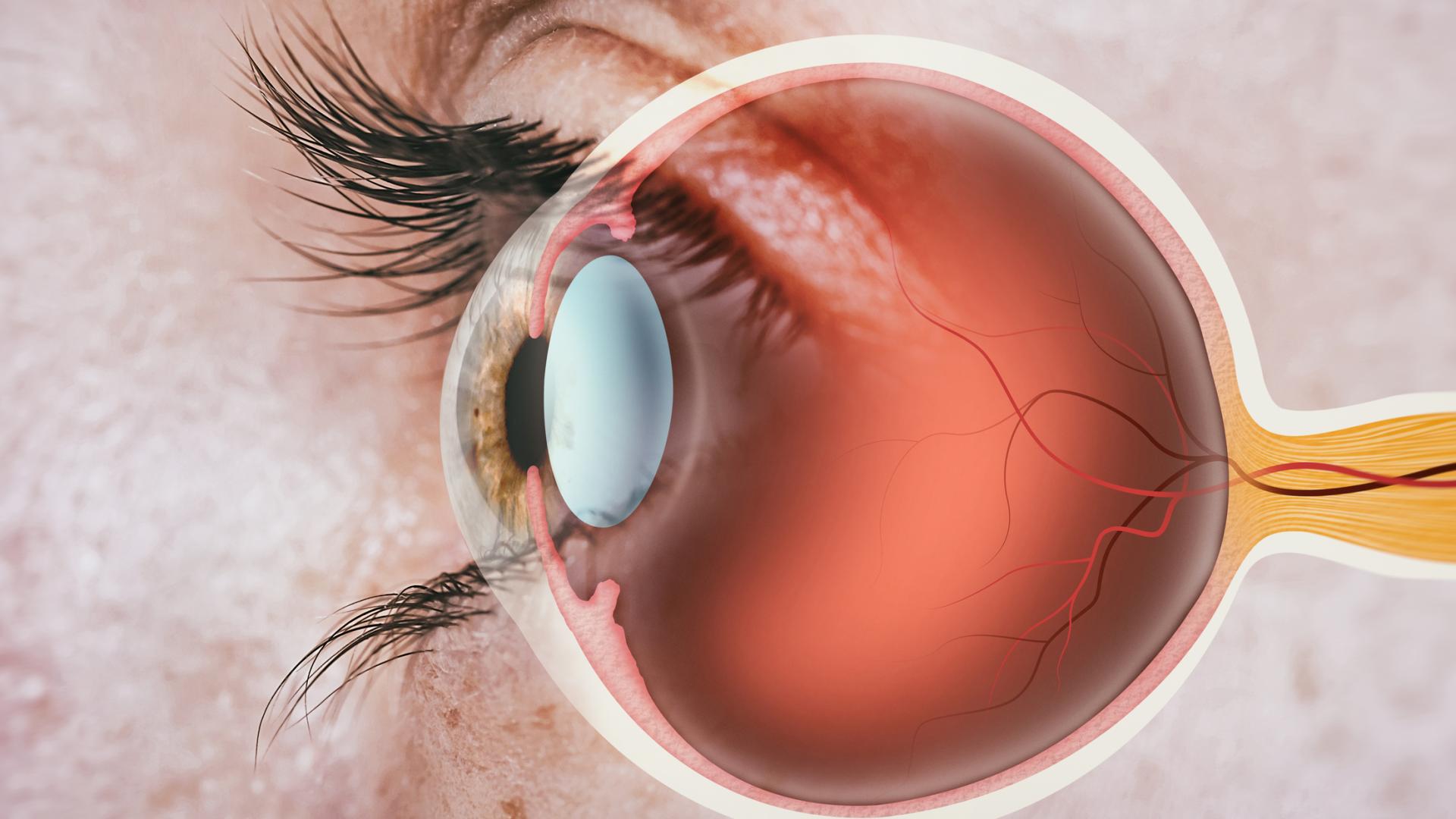
For people experiencing vision loss from glaucoma, protecting your headspace is essential for better living. Learn more about how glaucoma can impact your mental health—and what you can do to fight back.
Can Glaucoma Cause Depression and Anxiety?
Glaucoma is characterized by progressive damage to the optic nerve that connects the eye to the brain, leading to a gradual loss of vision. It is one of the leading causes of irreversible blindness worldwide.According to the Centers for Disease Control and Prevention, roughly 1 in 4 adults with vision loss have reported anxiety or depression. Research has highlighted the link between depression, anxiety, and eye diseases like glaucoma.
Studies show that patients with advanced glaucoma have a higher prevalence of depression, anxiety, and sleep disorders than those with less severe vision loss. This risk grows higher when researchers account for other factors that can impact mental health, like an individual’s demographic or socioeconomic status.
The mental health struggles stemming from glaucoma may come from many places. A person with glaucoma can feel anxiety and grief after receiving their diagnosis and as they begin to experience vision loss. Glaucoma also often causes fundamental shifts in one’s lifestyle. Those with glaucoma must navigate sharing their diagnosis with family, friends, and coworkers. Moreover, tasks that used to be easy may become difficult, and they may have to adapt their daily routines to accommodate vision challenges. Such experiences can leave a person feeling isolated in their journey if they do not have a strong network of people who also have glaucoma.
The mental load of daily glaucoma management can also become stressful and overwhelming. Many individuals may be experiencing multiple eye conditions or other health problems—leading to an overly complicated treatment regimen. It is not uncommon for those with glaucoma to juggle multiple eye drop doses within their treatment schedule. Holding complex information in your head for various treatments and facing potentially serious consequences for mistakes is no small task. Taking on new medications or changes to your treatment regimen can further complicate this daily regimen and impact one’s quality of life.
Further, financial upkeep for managing glaucoma may become burdensome, especially for those whose jobs are affected by their diagnosis. Healthcare costs for glaucoma treatment, even with insurance, can quickly pile up and create stress. Potential issues also arise in getting insurance reimbursements for treatment, which, when delayed, can interfere with a person’s ability to maintain their eye drop regimen. Several resources are available to support those struggling with the cost of glaucoma care.
Protecting Your Mental Health with Glaucoma
The linking of mental health and glaucoma highlights the significance of taking a comprehensive approach that considers both mental and physical well-being.
Here are some steps that you can take to make your health a priority, both physically and mentally:
- Learn about strategies and resources to help you take charge of your vision and eye health and make the most of your remaining vision.
- Add more physical activity to your day. It can not only lower your risk of developing health problems but also boost your mood and reduce stress.
- Eat nutritious, well-balanced diet rich in fruits and vegetables; this can positively impact overall health and well-being.
- Talk to others about your experience and feelings. Consider joining others in the glaucoma community to learn more about the disease, share experiences, information, and tips, and get the support you need when you need it.
- Seek mental health counseling for help with your vision loss diagnosis. Ask your doctor for a referral to a counselor who understands your situation and can provide additional coping strategies.
Research supports the idea that exercise is generally beneficial for reducing anxiety and depression symptoms. Also, a recent prospective study found that individuals with glaucoma who took more daily steps are less likely to experience rapid visual field loss over five years.
Check out these projects below from BrightFocus’ National Glaucoma Research recipients who are investigating the potential benefits of exercise in preventing vision loss from glaucoma:
- Harnessing Exercise to Protect the Optic Nerve
- Can Progression of Glaucoma Be Slowed by Regular Exercise?
Glaucoma Caregiving
Caregivers and loved ones can provide essential support to those living with glaucoma through several means. They may help reduce the mental load by maintaining healthcare information records, assisting with daily glaucoma management, and acting as a part of a support network. For more caregiving information, visit our Caregiving for Glaucoma page.
Summary
Today and every day, take time to support your mental health and prioritize self-care. Seek out support groups, talk about your feelings, lean on your network of friends and family, and remember that your well-being matters. You are not alone in your journey with glaucoma.
About BrightFocus Foundation
BrightFocus Foundation is a premier global nonprofit funder of research to defeat Alzheimer’s, macular degeneration, and glaucoma. Since its inception more than 50 years ago, BrightFocus and its flagship research programs—Alzheimer’s Disease Research, Macular Degeneration Research, and National Glaucoma Research—has awarded more than $300 million in research grants to scientists around the world, catalyzing thousands of scientific breakthroughs, life-enhancing treatments, and diagnostic tools. We also share the latest research findings, expert information, and resources to empower the millions impacted by these devastating diseases. Learn more at brightfocus.org.
Disclaimer: The information provided here is a public service of BrightFocus Foundation and is not intended to constitute medical advice. Please consult your physician for personalized medical, dietary, and/or exercise advice. Any medications or supplements should only be taken under medical supervision. BrightFocus Foundation does not endorse any medical products or therapies.
- Lifestyle









